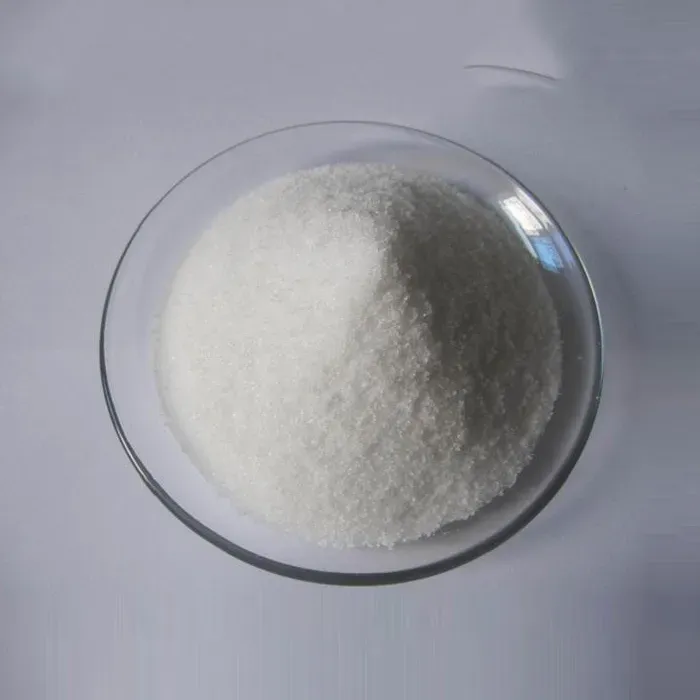Amine Applications in Boiler Water Treatment
In industrial operations, maintaining efficient and reliable boiler systems is crucial for optimal performance and safety. A key aspect of boiler operation involves water treatment, which is necessary to prevent scaling, corrosion, and other issues that can disrupt the functioning of the boiler. One effective approach to boiler water treatment is the use of amines. This article will explore the role of amines in boiler water treatment, their advantages and disadvantages, and best practices for application.
Understanding Amines
Amines are organic compounds derived from ammonia by the replacement of one or more hydrogen atoms with hydrocarbon groups. They are widely used in various industrial applications due to their ability to neutralize acids, act as corrosion inhibitors, and provide alkalinity to water systems. In the context of boiler water treatment, amines help maintain water quality by controlling pH levels and mitigating corrosion in the boiler and associated piping systems.
Types of Amines Used in Boiler Water Treatment
There are several types of amines used in the treatment of boiler water, each with unique properties and applications
1. Neutralizing Amines These amines, such as morpholine and cyclohexylamine, are used to neutralize carbonic acid formed in the boiler water. This action helps to prevent pitting and corrosion in the system.
2. Filming Amines Compounds like octadecylamine and other long-chain amines are used to form a protective film on metal surfaces. This film acts as a barrier against corrosive elements and significantly lowers the risk of corrosion.
3. Combination Treatments Many boiler systems utilize a combination of amines for optimal performance. By leveraging the strengths of both neutralizing and filming amines, operators can achieve superior corrosion protection and water quality.
Advantages of Using Amines
The use of amines in boiler water treatment offers several notable benefits
- Corrosion Protection Amines effectively inhibit corrosion by maintaining a stable pH level in the boiler water. They create a protective layer on metal surfaces that prevents damage from corrosive agents.
- Scalant Control Certain amines can also aid in controlling scale formation, which can be detrimental to boiler efficiency
. Keeping scale at bay ensures smooth operation and reduces maintenance costs.- Operational Efficiency By preventing failure and reducing maintenance needs, the use of amines enhances boiler efficiency and reliability, resulting in lower operational costs for industries reliant on steam generation.
amine for boiler water treatment

- Simplicity of Application Amines can be easily injected into the boiler feedwater systems, making them convenient for operators looking to maintain water quality without employing complex treatment processes.
Disadvantages and Considerations
While the advantages of using amines are significant, there are some drawbacks that operators must consider
- pH Control High concentrations of amines can lead to an overly alkaline environment, potentially leading to other issues such as calcium carbonate scaling if not carefully monitored.
- Environmental Impact The release of amines into the environment must be regulated, as they can have ecological effects. It's vital for industries to follow guidelines for the proper handling and disposal of amine products.
- Cost While amines offer many benefits, the cost of high-quality amine formulations can be a consideration for some organizations, particularly for smaller operations.
Best Practices for Amines in Boiler Water Treatment
To maximize the benefits of amines while mitigating potential risks, industries can follow these best practices
1. Regular Monitoring Routinely test the water quality and chemical concentrations to ensure optimal levels of amines and maintain proper pH.
2. Proper Dosage Utilize operators' expertise or automated systems to achieve the right dosages of amines. Overdosing can lead to imbalances in water chemistry.
3. Environmental Compliance Adhere to local environmental regulations regarding the use and discharge of amines to safeguard ecological health.
4. Training and Awareness Equip staff with knowledge regarding the properties and applications of amines, ensuring they understand the importance of safe handling and effective monitoring.
Conclusion
In conclusion, amines play a vital role in boiler water treatment, providing both corrosion protection and scalability control. While there are considerations to bear in mind, the advantages of using amines make them a valuable tool in ensuring the efficient and safe operation of industrial boilers. By following best practices and continuously monitoring water quality, industries can optimize their boiler systems and enhance overall productivity.

